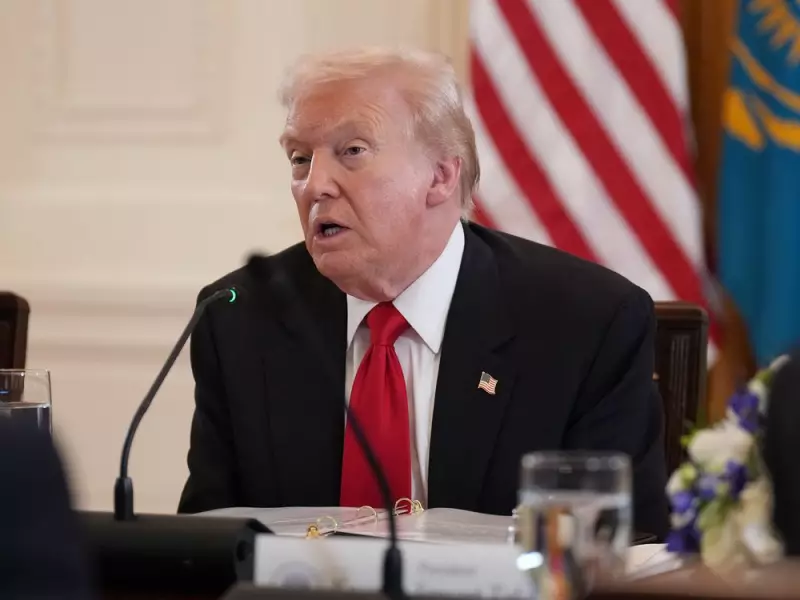
President Donald Trump is confronting mounting pressure from within his own party to refocus on economic affordability following significant Republican losses in key state elections across the United States.
Election Setbacks Trigger Republican Concerns
The political landscape shifted dramatically for Republicans as Democrats secured convincing victories in New York, New Jersey, and Virginia on November 5, 2025. These losses have exposed growing voter anxiety about cost-of-living issues, creating urgent concerns within Republican ranks about their electoral prospects moving forward.
Despite the election setbacks, Trump maintained a defiant posture during a Wednesday appearance at a major sports and entertainment arena in downtown Miami. Addressing business executives, investors, and prominent figures including his son-in-law Jared Kushner and Saudi Arabia's Ambassador Princess Reema Bandar, the president insisted that the U.S. economy remains strong.
"We have the greatest economy right now. A lot of people don't see that," Trump told the audience, pointing to record stock market highs, solid growth figures, and the proliferation of what he called "AI buildings" appearing across the country.
Contrast Between Rhetoric and Economic Reality
The president's optimistic economic assessment contrasted sharply with recent election results that demonstrated voter dissatisfaction with affordability challenges. Trump claimed that "prices are coming down very fast," despite official data showing the annual consumer price index rising by three percent in September—the same rate recorded when he took office in January 2025.
The election victories by Democrats Zohran Mamdani, Abigail Spanberger, and Mikie Sherrill were largely attributed to voter concerns about the cost of living, creating what political analysts describe as a significant vulnerability for Republicans.
Kevin Madden, a senior partner at Penta Group and former adviser to Mitt Romney's 2012 presidential campaign, observed that affordability issues continue to drive voter behavior. "The main lesson in 2025 is the same one from 2024, which is that affordability issues are still driving voter concerns," Madden said. "Economic pessimism, after a brief period of optimism after Trump's win, has returned."
Internal Pressure and Competing Priorities
The election results have prompted visible concern from top Republicans, including Vice President JD Vance, who took to social media platform X to emphasize the need for greater focus on domestic economic issues. "We need to focus on the home front," Vance wrote in a message that highlighted internal party tensions.
White House officials maintain that the president has consistently prioritized economic matters. However, since beginning his second term in January, Trump's economic agenda has competed with numerous other priorities including:
- Immigration and crime crackdowns
- High-stakes trade negotiations
- Diplomatic efforts to broker peace deals in Gaza and Ukraine
- A US$20 billion rescue package for Argentina
This sprawling agenda has drawn criticism from some Republicans who argue that the administration needs to sharpen its focus on kitchen-table economic issues that directly impact American voters.
Trump himself seemed to acknowledge the political importance of economic messaging during his Miami appearance, telling fellow Republicans: "I tell Republicans: if you want to win elections, you've got to talk about these facts."
The tension between the administration's broad international ambitions and domestic economic concerns now represents one of the most significant challenges facing Trump's second term as he navigates both governing responsibilities and the political fallout from recent electoral defeats.





